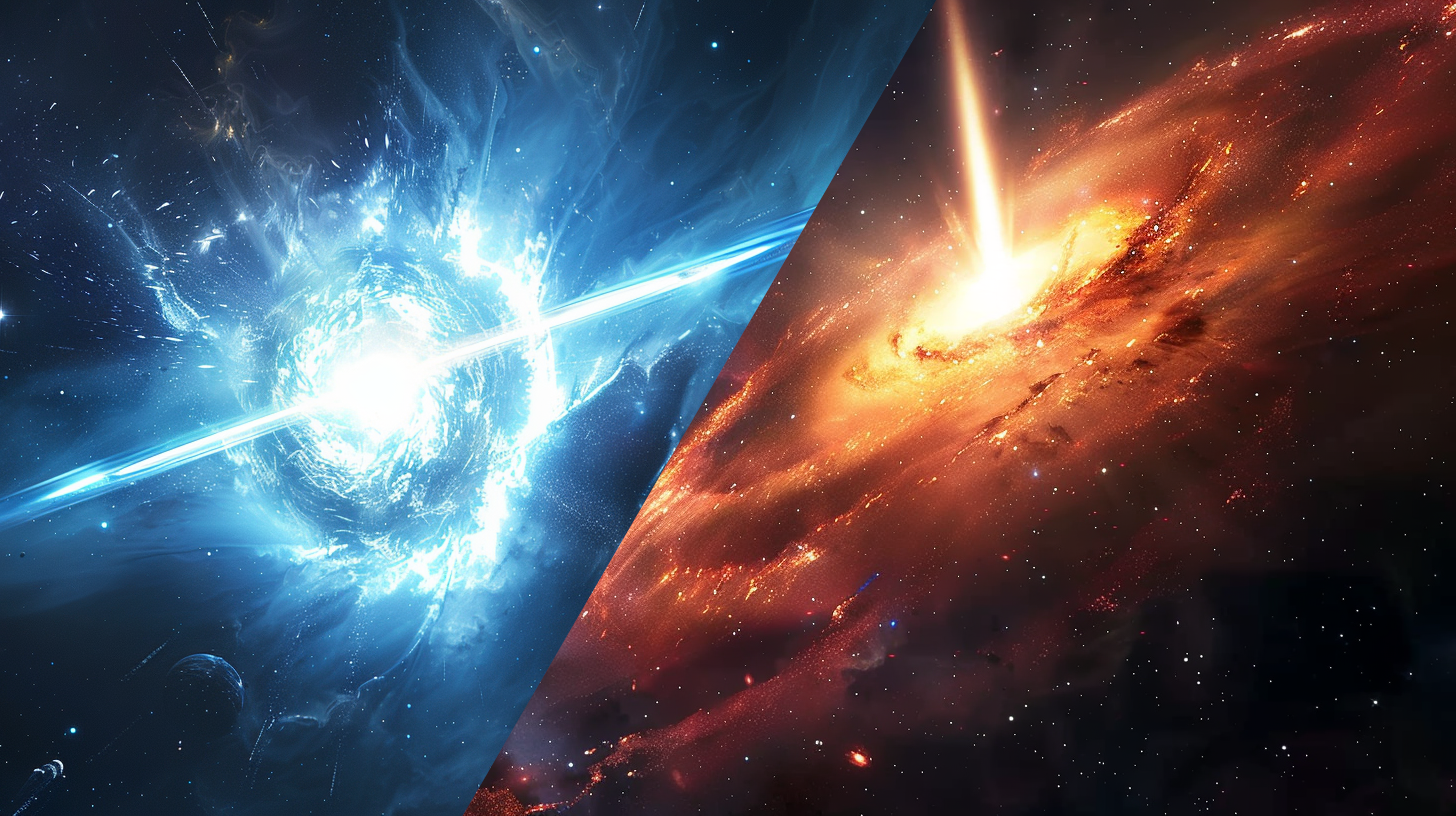Astronomy and astrology are often confused due to their similarity in name and meaning. Despite their similarities, these two fields are very different. Let’s explore their distinctions.
What is Astronomy?
Astronomy is the study of our physical universe, such as planets, stars, and moons. Astronomers use instruments such as telescopes and satellites to collect data, from which they formulate theories about our universe.
Put simply, astronomy is a scientific field that seeks to understand the cosmos based on data.
What is Astrology?
Astrology is the study of the movements and positions of celestial bodies relating to having an effect on the life of a person here on Earth.
Astrologers develop horoscopes by analyzing the positions and movements of planets and stars at specific times. They then claim that these alignments can predict or shape personality traits and future events.
Connected Throughout History
Astrology and astronomy were once intertwined. Ancient civilizations observed the night sky, linking celestial events to occurrences on Earth. Over time, these observations developed into astrological beliefs.
Modern Distinctions
Today, astronomy is recognized as a legitimate scientific field, contributing to our understanding of the universe through data-driven research.
In contrast, astrology is considered a pseudoscience, lacking empirical evidence and not adhering to scientific methodologies.
Conclusion
In the divide of astronomy vs astrology, it’s essential to recognize their differences. Astronomy is a scientific discipline, based on data and research, while astrology is a belief system based on symbolic interpretations.
Whether you’re fascinated by the intricacies of the cosmos or find solace in astrological insights, understanding the distinction of astronomy vs astrology enhances our appreciation of the universe and our place within it!



